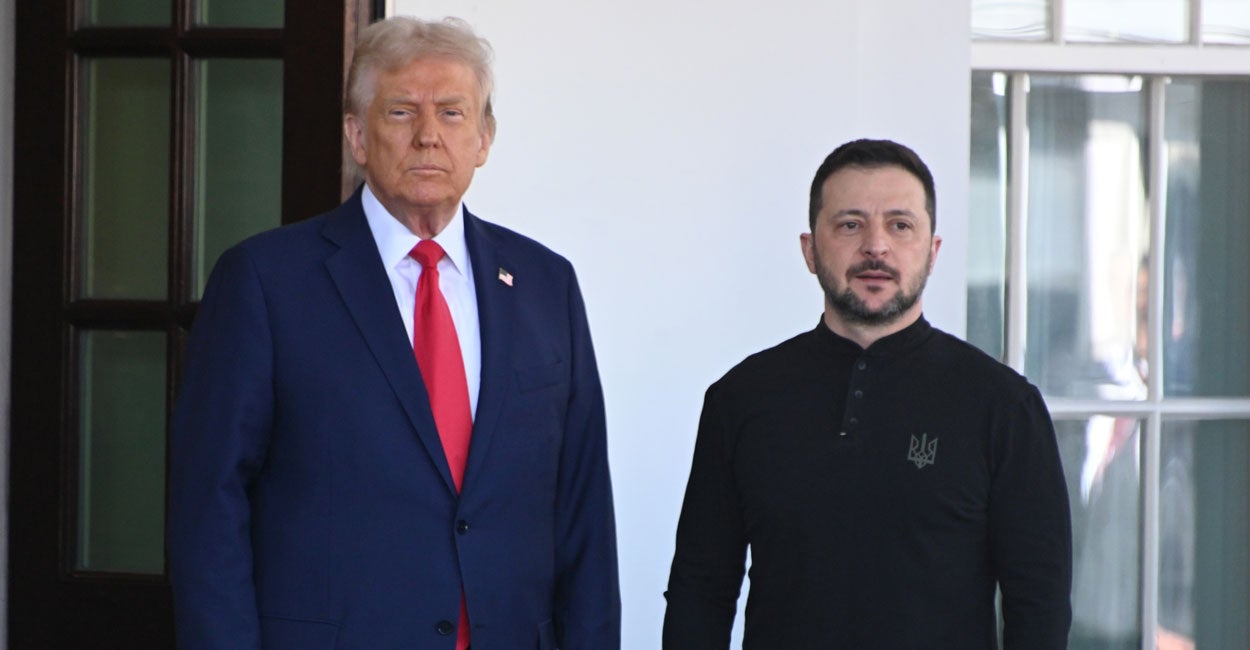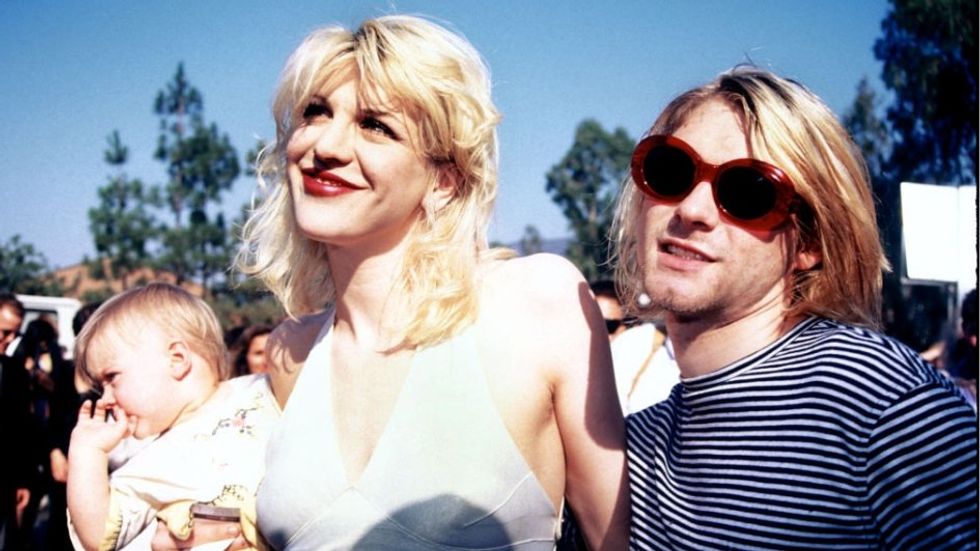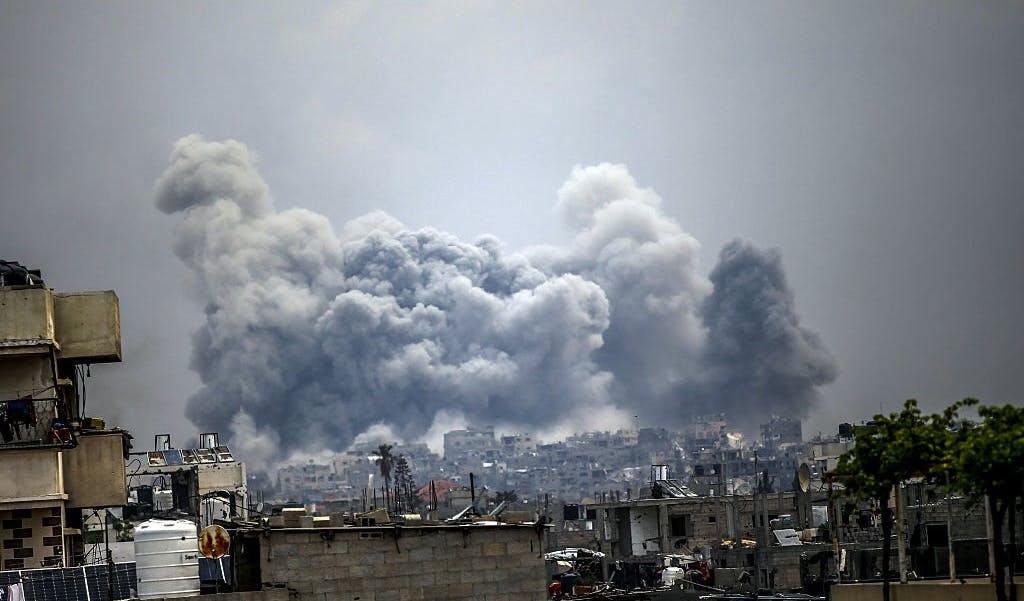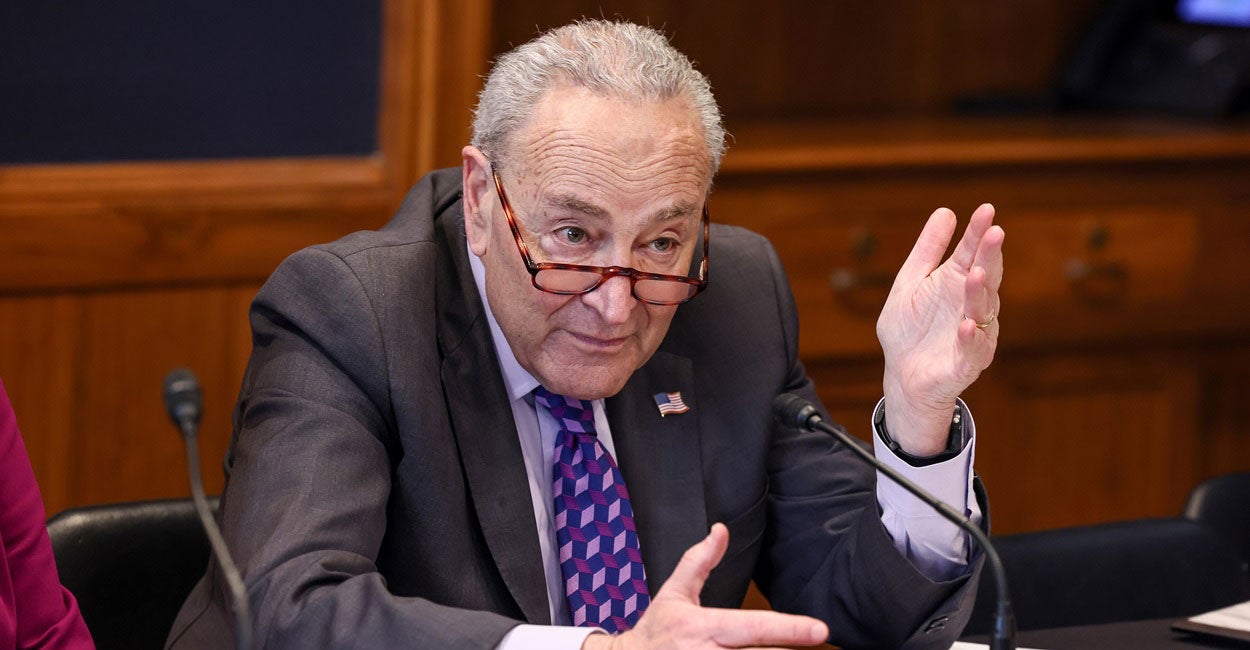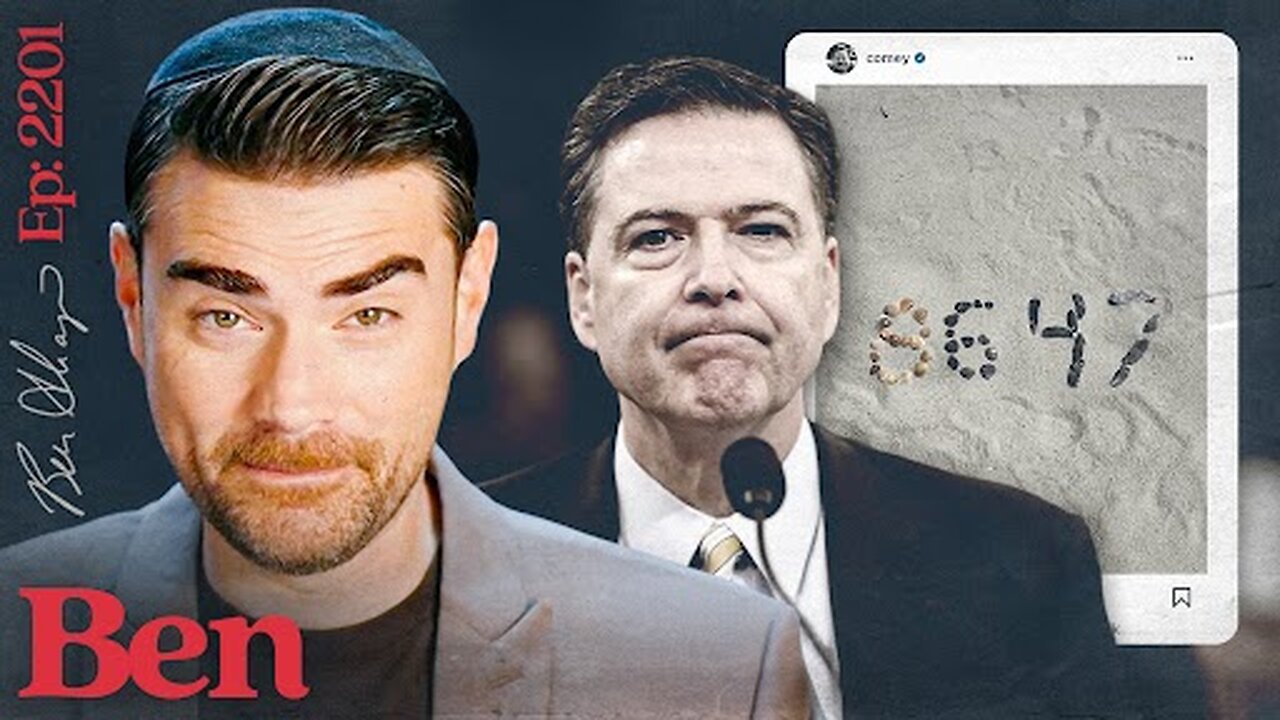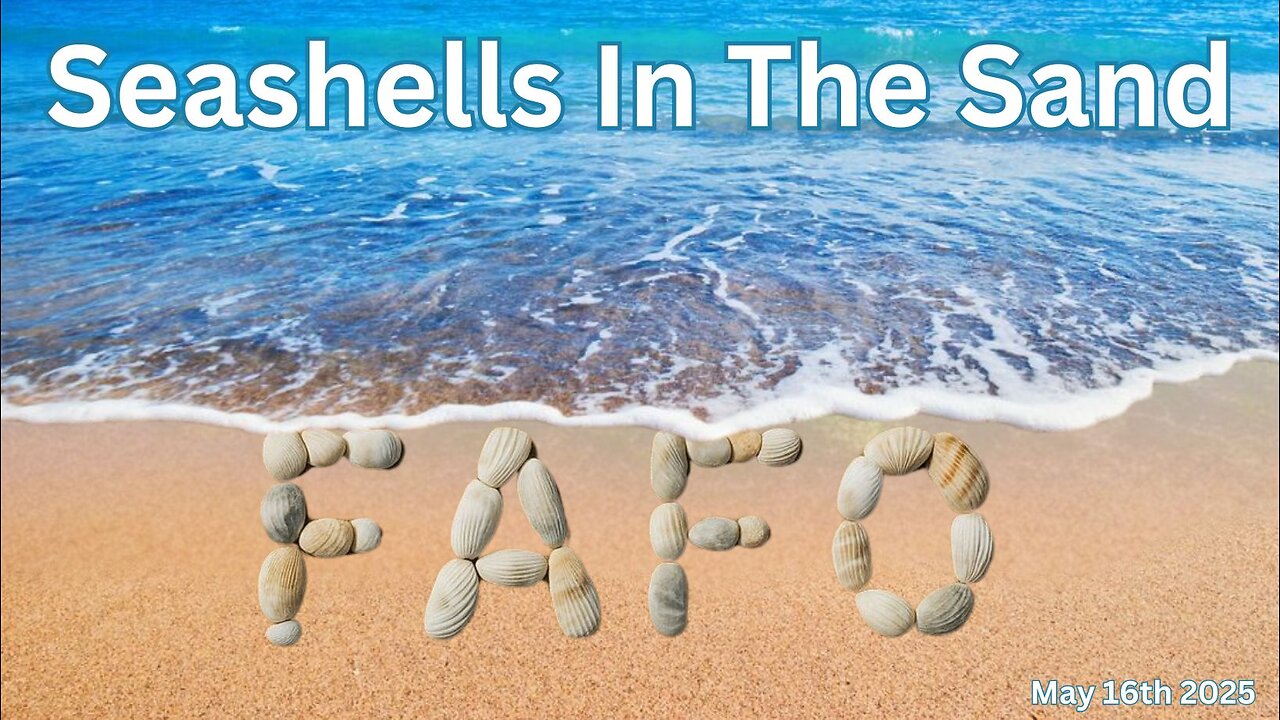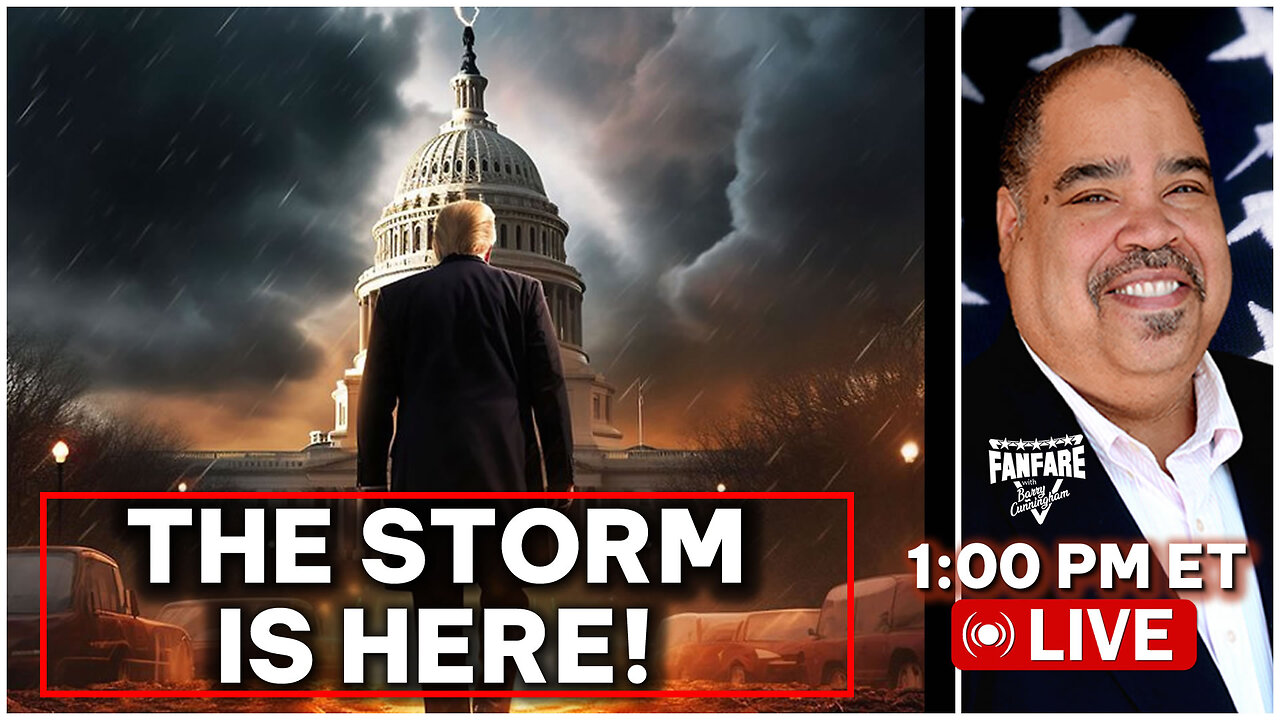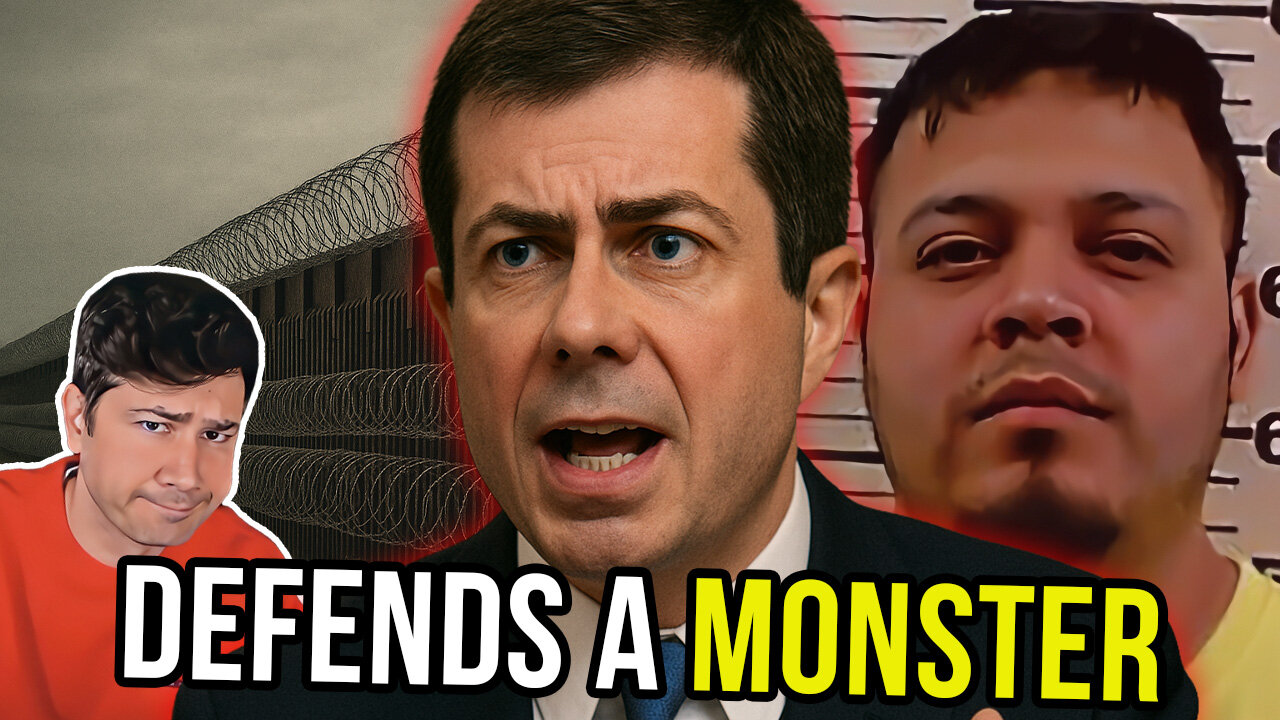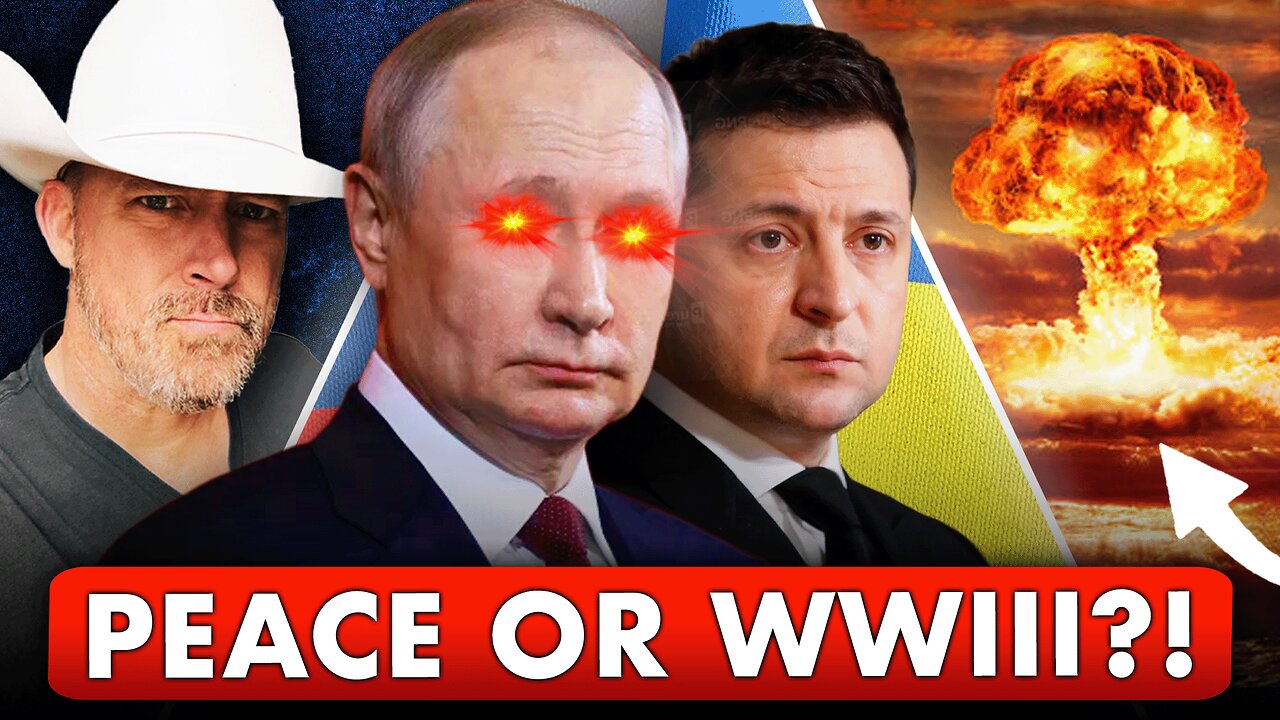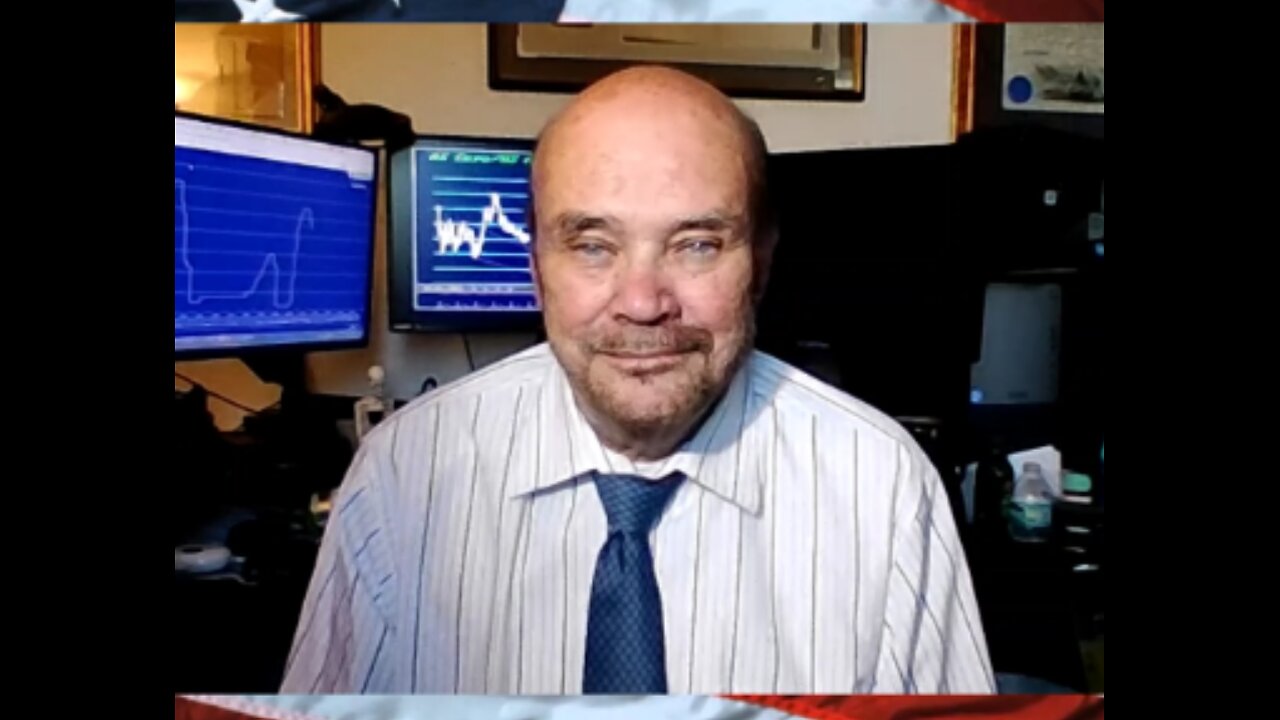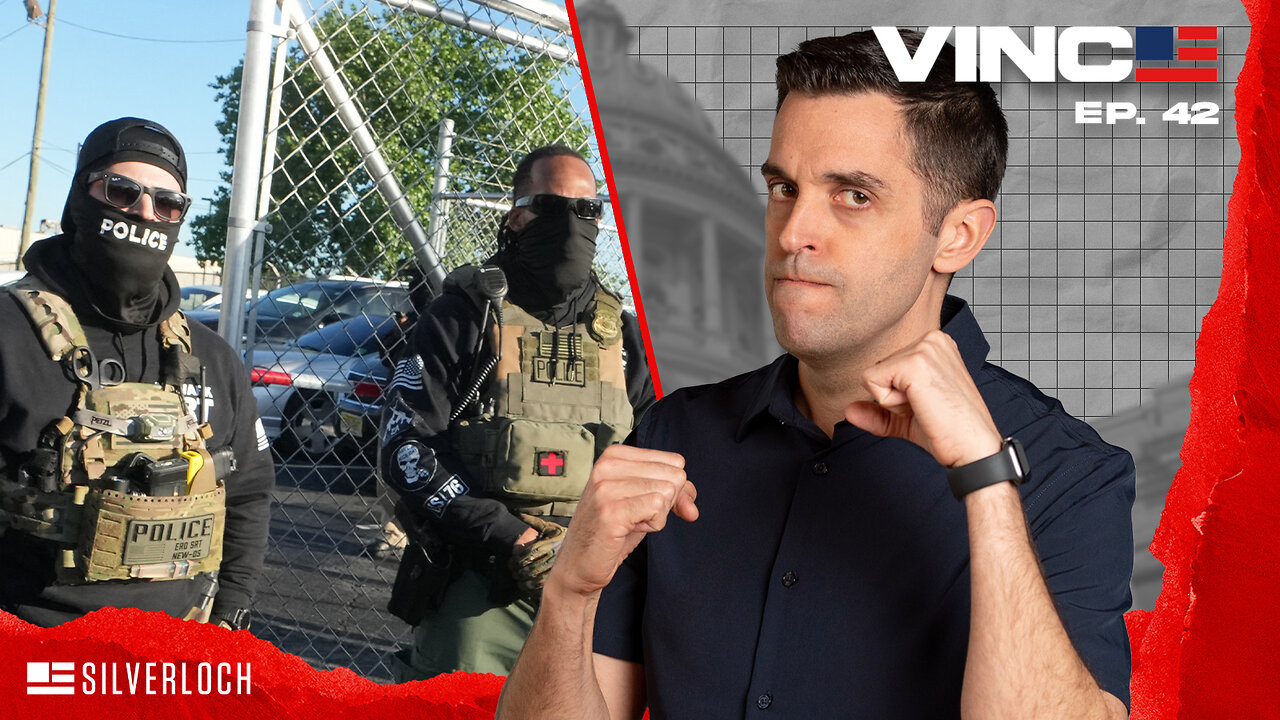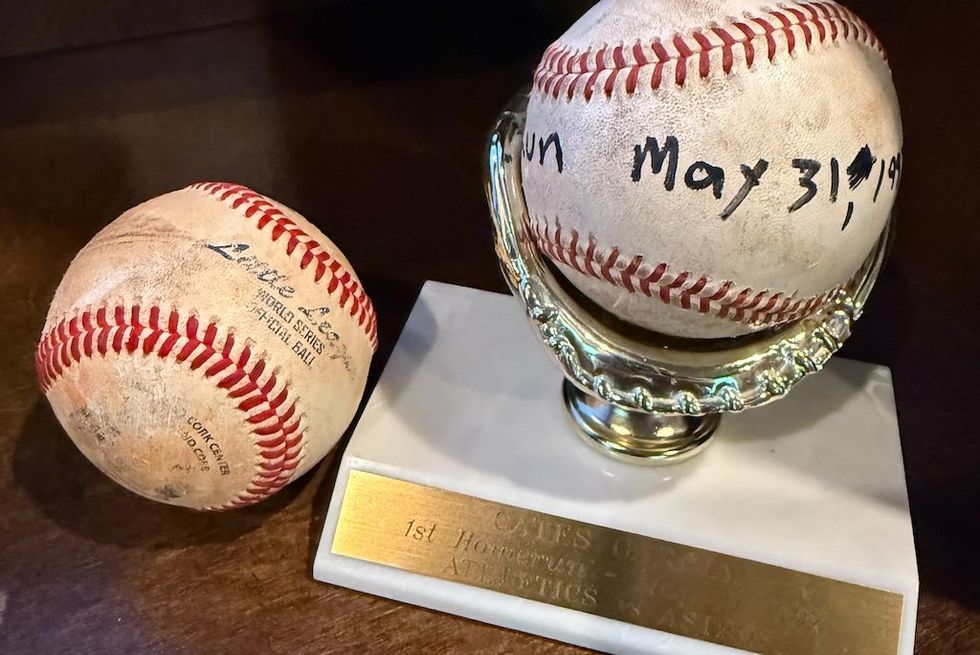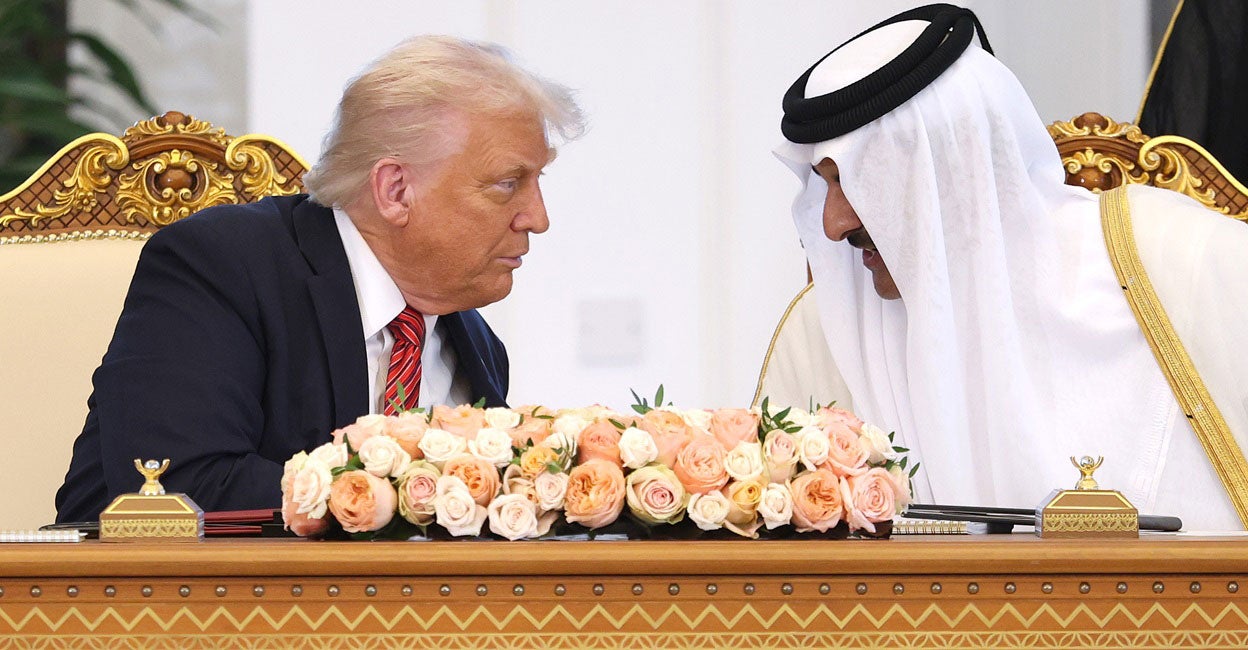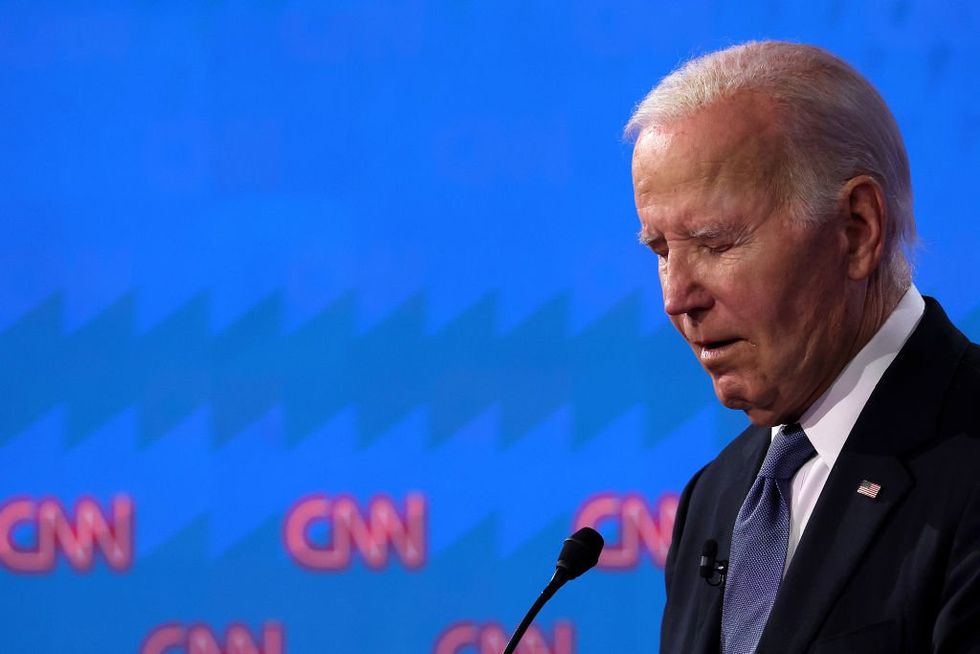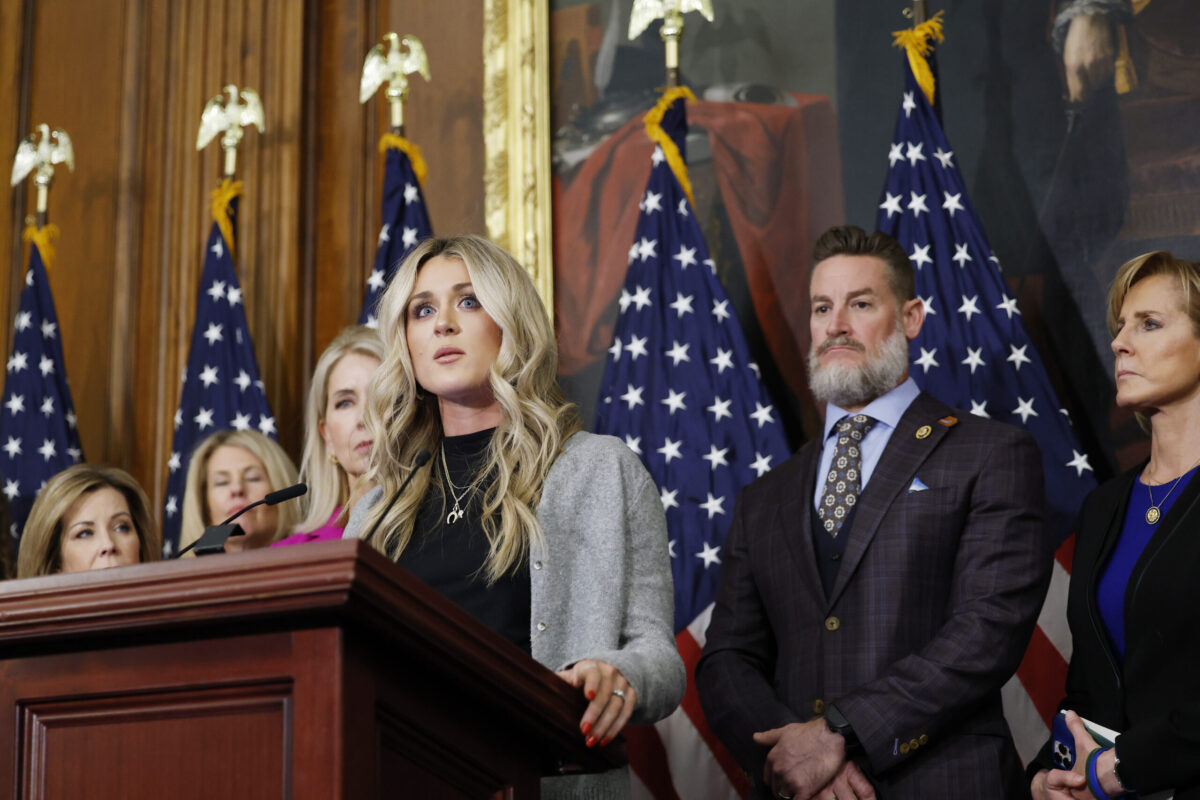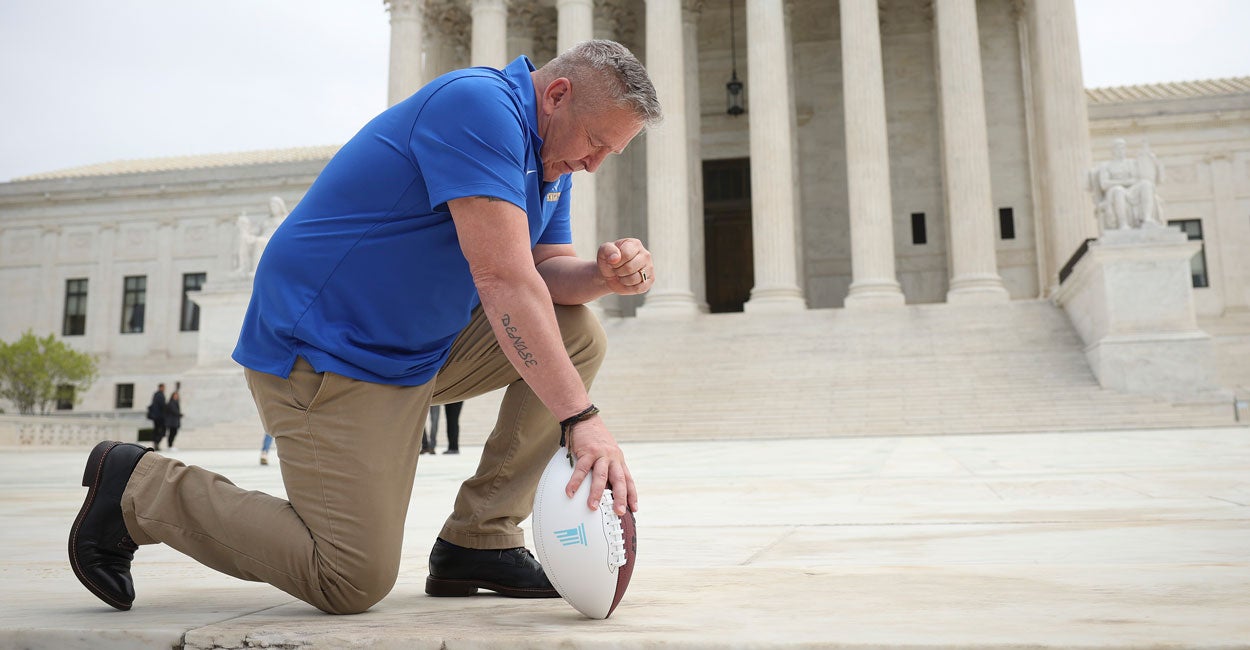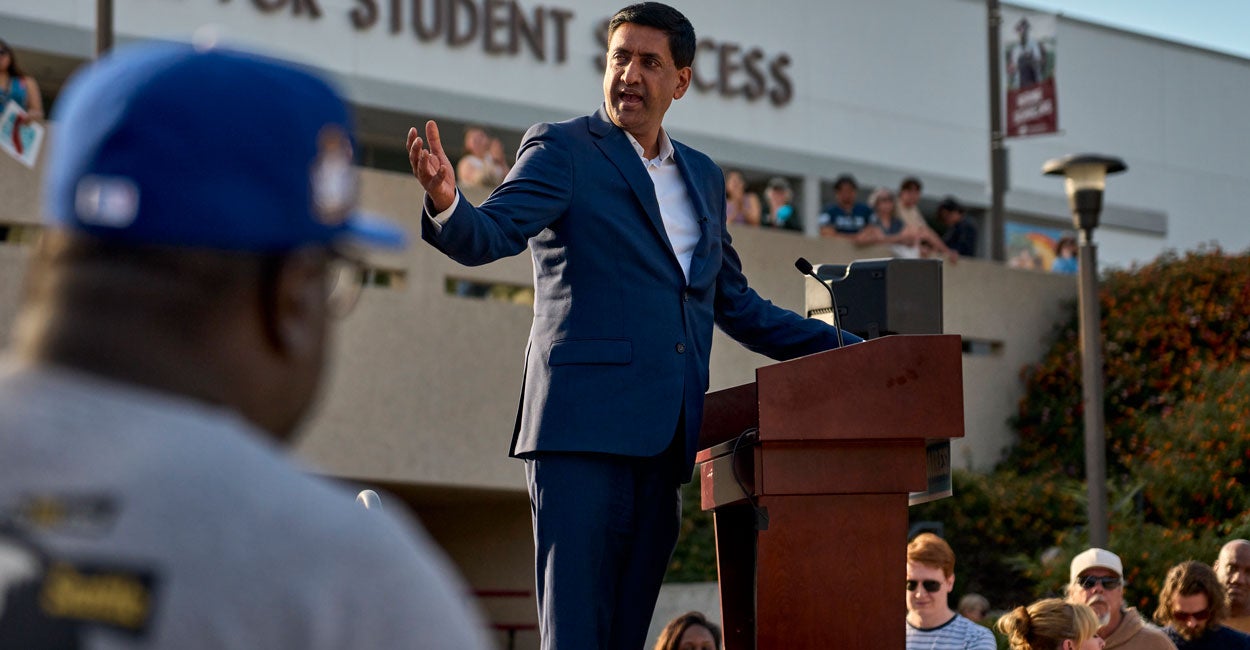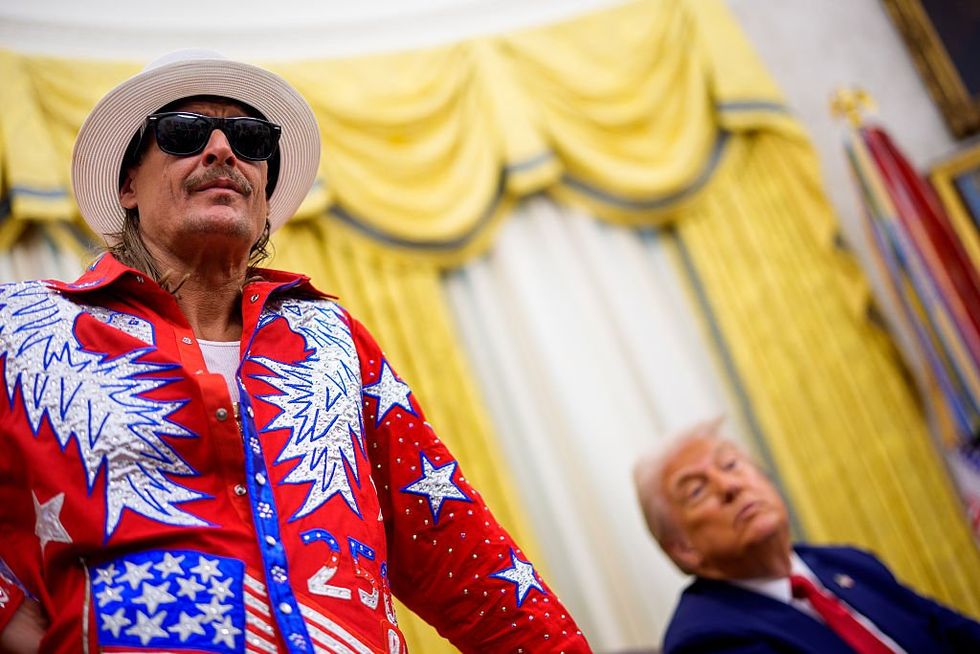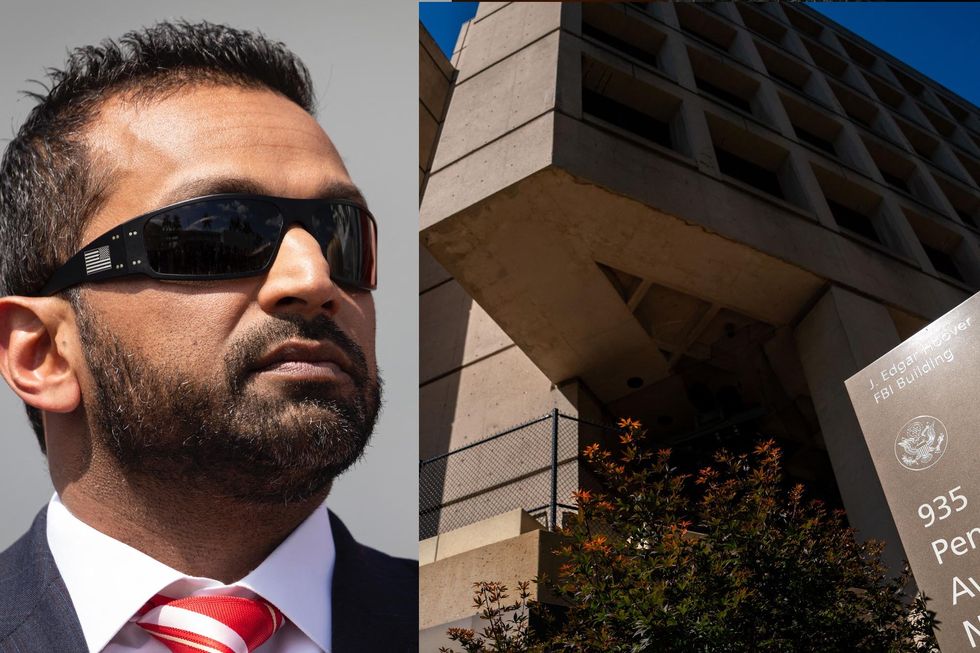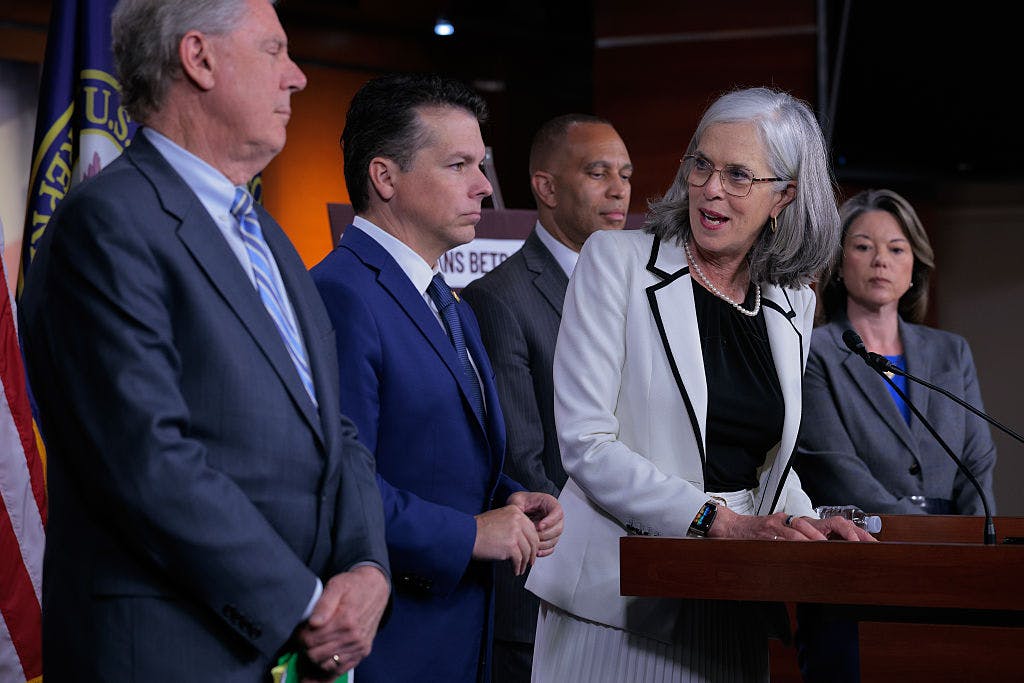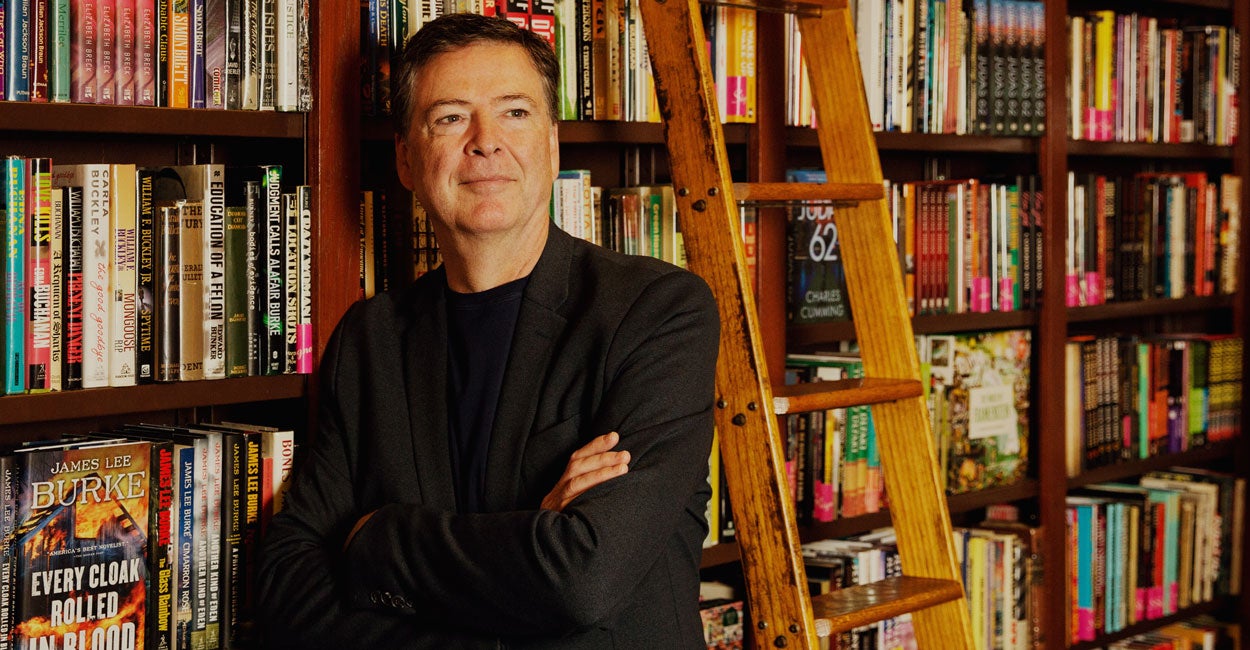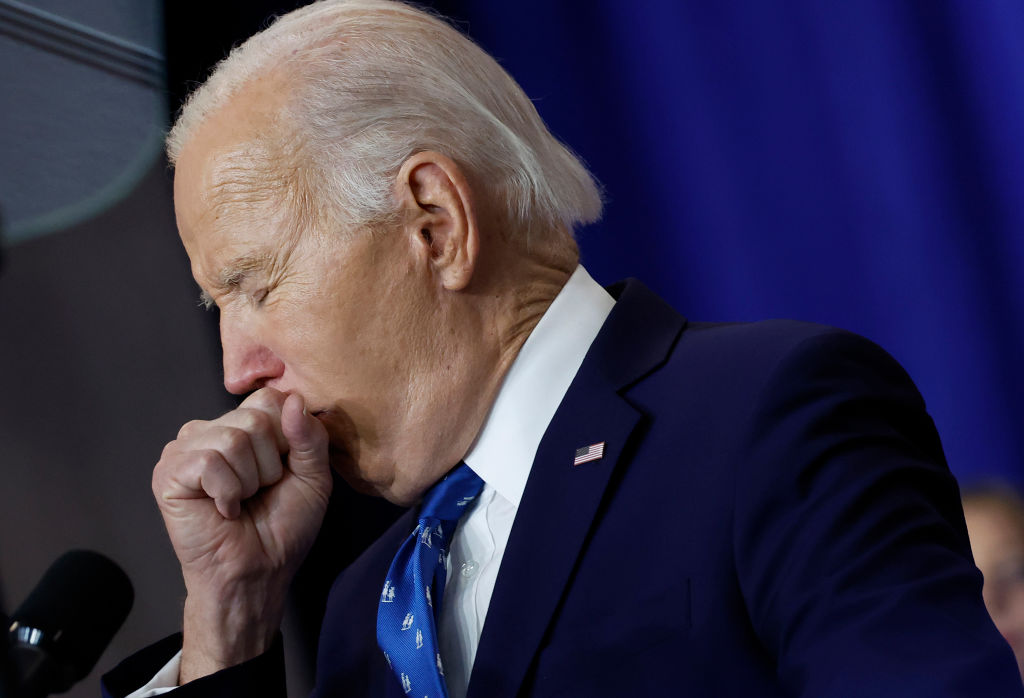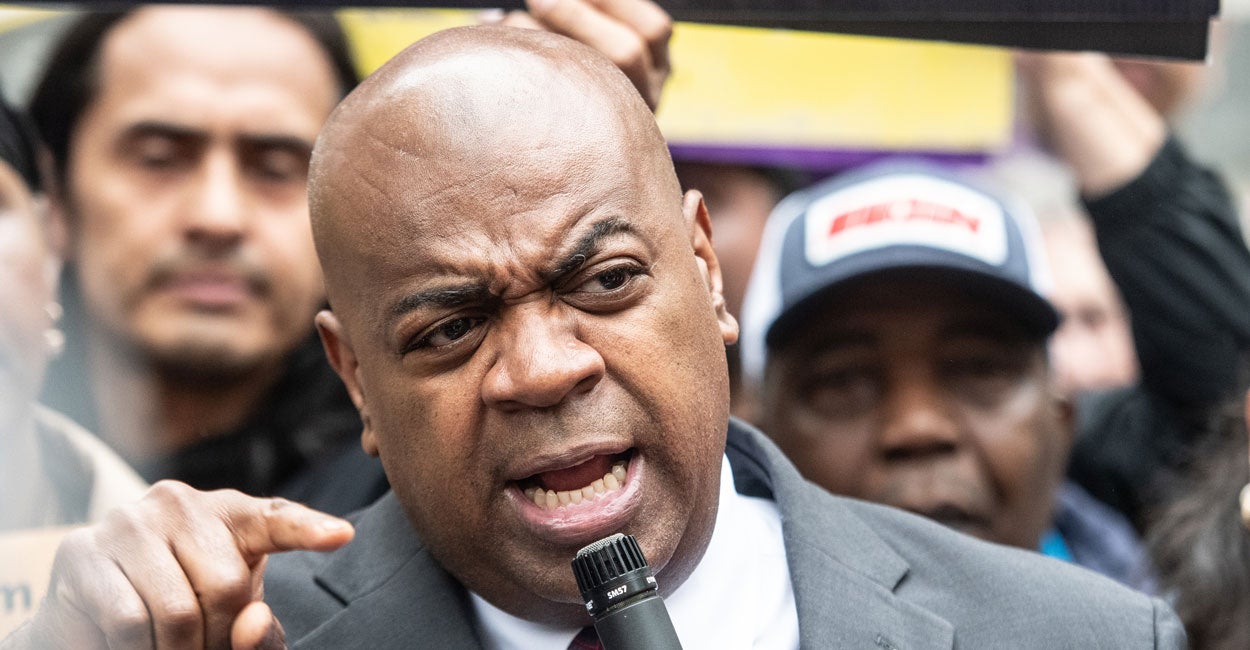Two Thanksgivings On Two Different War Fronts: Same Sacrifice
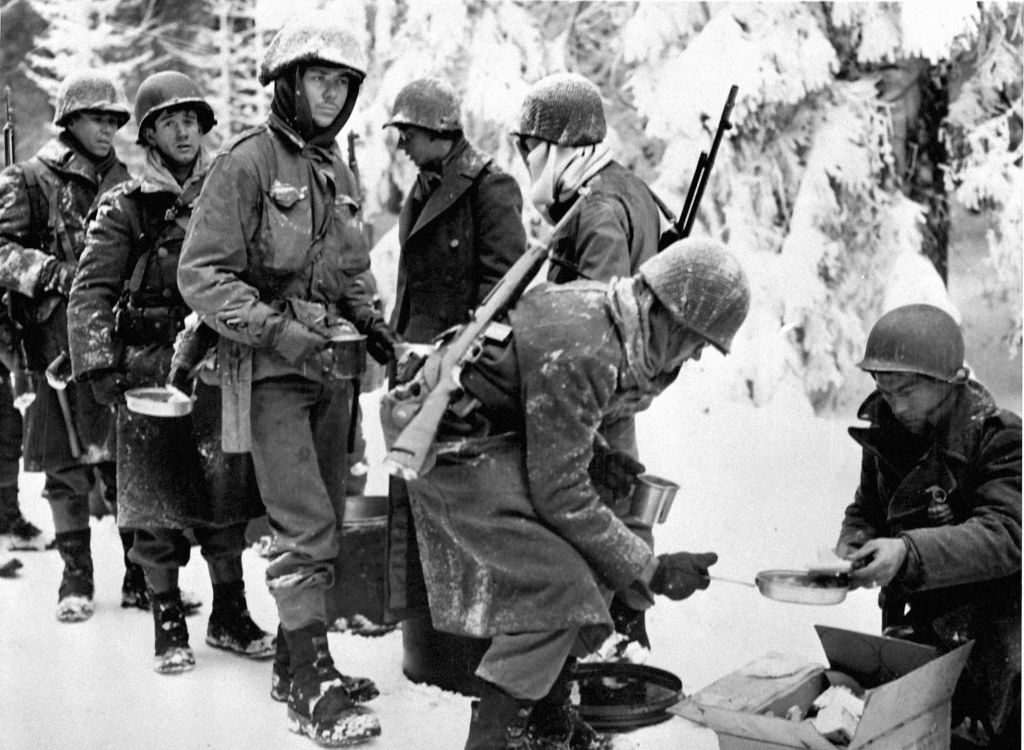
On November 24, 1864, Union Lieutenant Samuel Nichols, 37th Regiment Massachusetts Volunteers, prepared for the nation’s first Thanksgiving Day, as the fourth Thursday of November had been officially declared a day of celebration by President Lincoln.
The morning, Nichols wrote, “dawned beautifully upon civilians and soldiers. Starting wildly from our slumbers at the unearthly sound of ‘Reveille’…we found ourselves with an appetite adequate for the occasion and fully equal to that usually demanded on that auspicious and chicken-stuffed day.”
Still encamped at Winchester, Virginia, where two months before his regiment helped lead the Union Army to victory and seize the town, Lt. Nichols appreciated that he and his comrades were enjoying relatively peaceful duty. However, soldiers are a wary lot, especially combat veterans. They understand that the tranquility of a clear, crisp November morning can be very quickly shattered by the unpredictable nature of war.
Most in the regiment, Nichols remembered, had opted to pass on breakfast so they could save their appetites for the much-anticipated Thanksgiving feast. But Nichols, being a veteran and used to having meals interrupted by the sudden call to action, wasn’t waiting until the official dinner time, which was 2:00 p.m. “At one o’clock, therefore, I dined in company with three of my companions. We all ate a sufficiency and had a good time.”
No sooner had he finished his meal than the Yankee lieutenant’s cautious instincts were vindicated. The regiment received an order to be “in readiness to move at a moment’s notice.” In about ten minutes, he recalled, “we were moving at quick step.” They reached the destination at 6:00 p.m. only to receive yet another order to countermarch back to Winchester, where the column didn’t return to their bivouac area until 9:00 p.m. For many in the regiment, Thanksgiving came and went with no meal or fanfare and at great disappointment.
CHECK OUT THE DAILY WIRE HOLIDAY GIFT GUIDE
Such is army life, as any veteran will tell you. Besides the grind, the long periods of stifling boredom that are only occasionally broken up by the terrors of front line combat, perhaps the deepest sacrifice of national service beyond risking life and limb, is separation from loved ones for long tours of duty. The separation is especially felt during holidays like Thanksgiving. Even those troops not under fire know they are missing precious times with dear family and friends — times they can never truly reclaim.
But Nichols’ unit was lucky, even if most of them lacked the foresight of their hungry lieutenant. Some in the regiment missed out on a hardy meal, but they did not have the experience of their descendants in the U.S. Army hunkered down 80 years later in the wet and cold and endless shelling and artillery tree bursts of the Hürtgen Forest. For the members of the 121st Infantry Regiment, 8th Infantry Division, Thanksgiving Day, 1944 would be remembered as a preventable tragedy, courtesy of the high command’s misplaced attempt to bring a semblance of home to the men in the foxholes.
The regiment was on the very front lines, acting as the tip of the U.S. spear, one that had snagged itself into the stubborn ribs of the Hürtgen Forest’s determined German defenders dug in among the expansive woodland’s dense foliage and frozen ravines. When 1st Lt. Boesch, crouched down in his hole, picked up the phone from HQ he was astonished to hear a cheery rear echeloner’s voice on the line: “Happy Thanksgiving! We’ve got a hot turkey dinner here for every man in the outfit.” The staff officer informed the lieutenant that the food was on its way to his company.
Boesch couldn’t believe it. “Are you guys nuts?” he said with incredulity. “It’s almost dark and my carrying parties have already made the trip up the hill with rations and water. I can’t send them up there again. Besides, they can’t feed a hot meal in the positions they’re in now. Good God, they’re right on top of the Jerries!”
Those were the orders, the staff officer said. And didn’t the men want a nice taste of home? Boesch shook his head in frustration before screaming into the handset, “I want to see them get three hot meals a day and a dry bed every night and a babe to sleep with, but let’s save the turkey until they can pull back where they can enjoy it!”
Despite expressing fears to the battalion commander that the kind gesture might get men killed when the Germans saw them bunching up for their meal, the orders stood. Hot turkey meals were delivered to the men right on the front lines. Those delivering the meals had only the lowering darkness as cover, otherwise they were in clear line of sight of the Germans.
As Boesch warned, German artillery and mortar shells soon rained down on the hapless GIs bunched around the turkey canisters to get their fill, killing many and wounding more.
In 1978, a retired Major William Freeman who was with the 121st caught an interview with Gen. Jim Gavin, in which the young general confesses that the high command didn’t know what the GIs were dealing with in the Hürtgen Forest. He informed the general of what happened next, thanks to the misplaced gesture from the top brass.
“Jerry turned all hell loose! Branded in my mind is position after position with men torn to shreds around busted up turkey canisters—as many as ten in one place.”
In the same letter Freeman tries to unburden himself.
“Hindsight says I could have stalled off the dinner and I doubt that the higher echelons would have known about it—but I didn’t. Granted that greater control could have been used all down the line… but dangle hot turkey to men in a cold, wet forest, that have had nothing but K rations, and it’s not that easy to keep them from bunching…
“For many, many years after the war I would go to one of my relations for Thanksgiving dinner, and before I could touch a bite I would get up and go to the back yard and cry like a baby, I passed up a helluva lot of turkey dinners.”
Two different American regiments, two different wars, two different enemies, two different Thanksgivings. The same sacrifice for country and each other. As the Holiday Season begins in earnest, let’s take a moment to reflect on those who walk the line so that we can enjoy one another without fear of enemies with malicious intent.
Happy Thanksgiving to all who will be serving in dangerous, faraway places. We are thankful for you.
* * *
Brad Schaeffer is a fund manager and author of three books. His articles have appeared on the pages of Daily Wire, The Wall Street Journal, New York Post, New York Daily News, National Review, The Hill, The Federalist, The Blaze, Breitbart, Zerohedge and other outlets. His best-selling novel, The Extraordinary, tackles the subject of living with a veteran father with PTSD as told by his autistic teen son.
The views expressed in this piece are those of the author and do not necessarily represent those of The Daily Wire.
Originally Published at Daily Wire, Daily Signal, or The Blaze
What's Your Reaction?
 Like
0
Like
0
 Dislike
0
Dislike
0
 Love
0
Love
0
 Funny
0
Funny
0
 Angry
0
Angry
0
 Sad
0
Sad
0
 Wow
0
Wow
0
